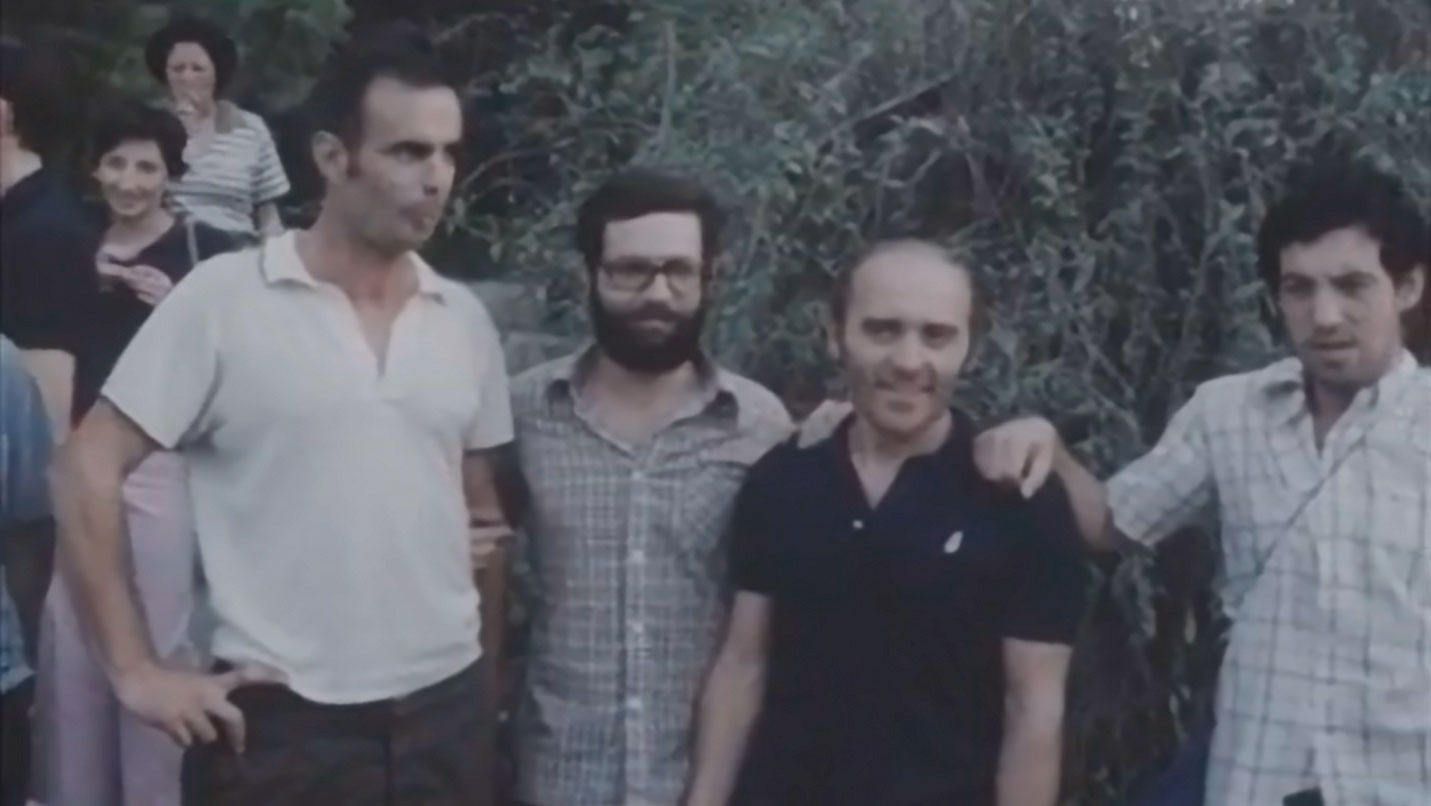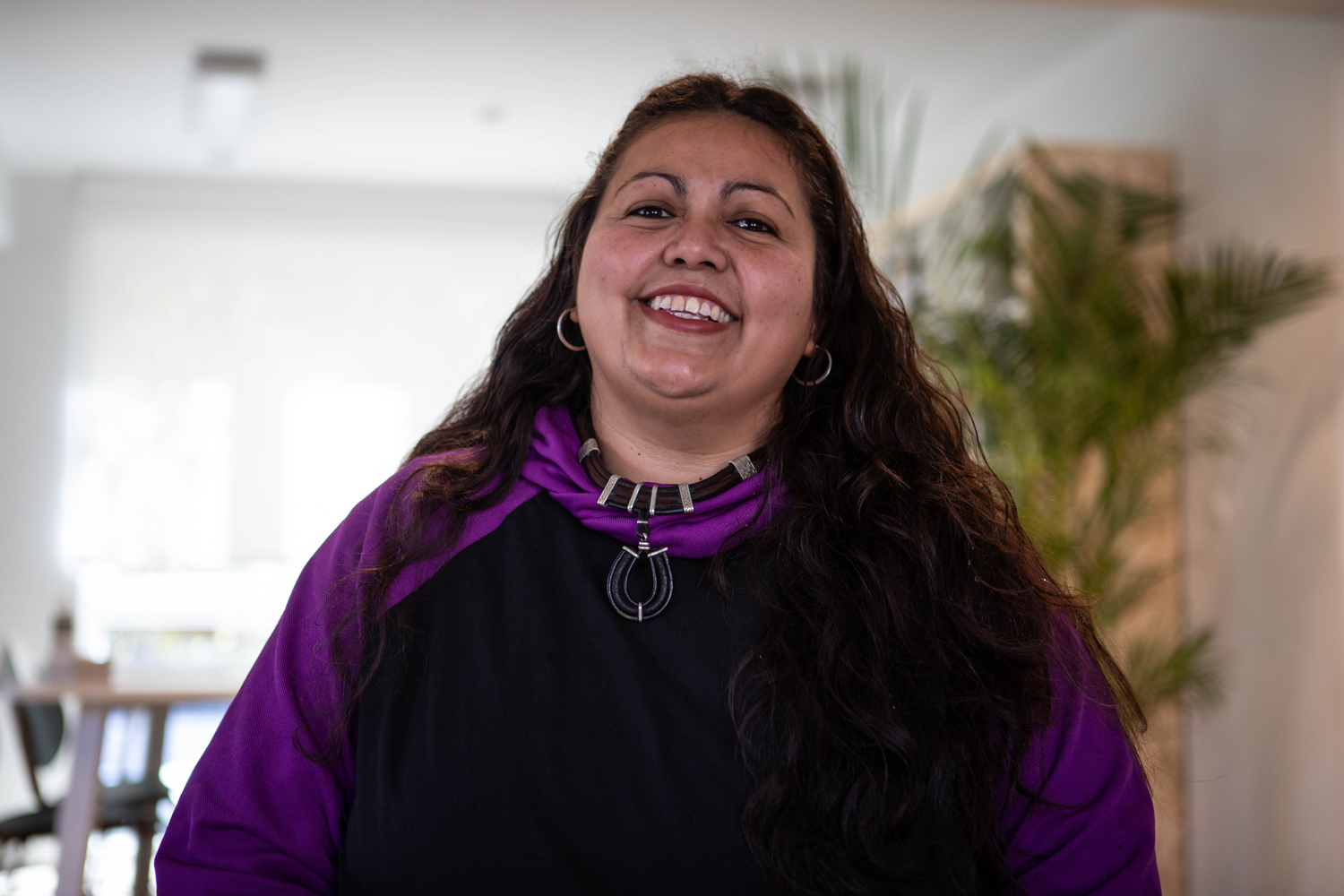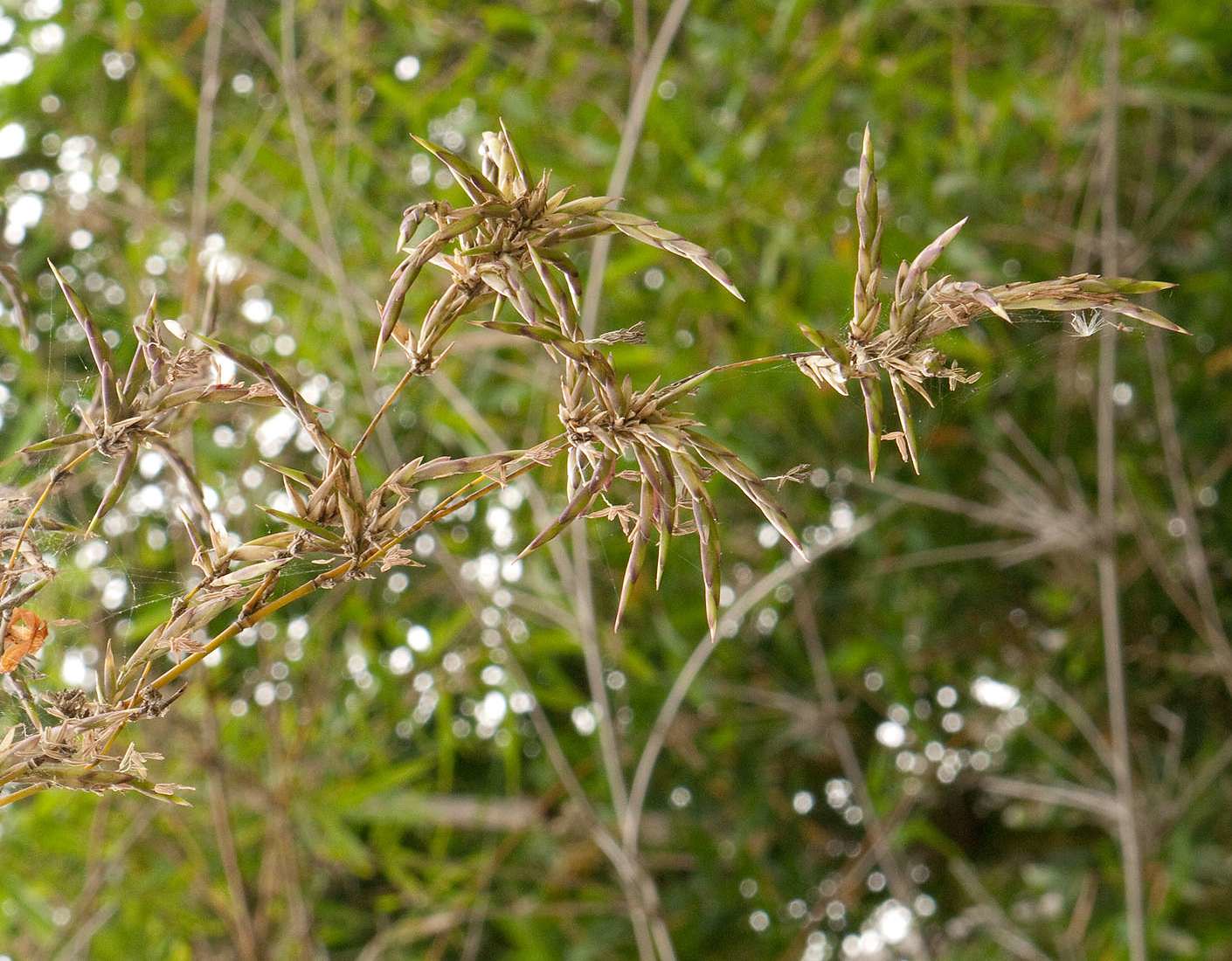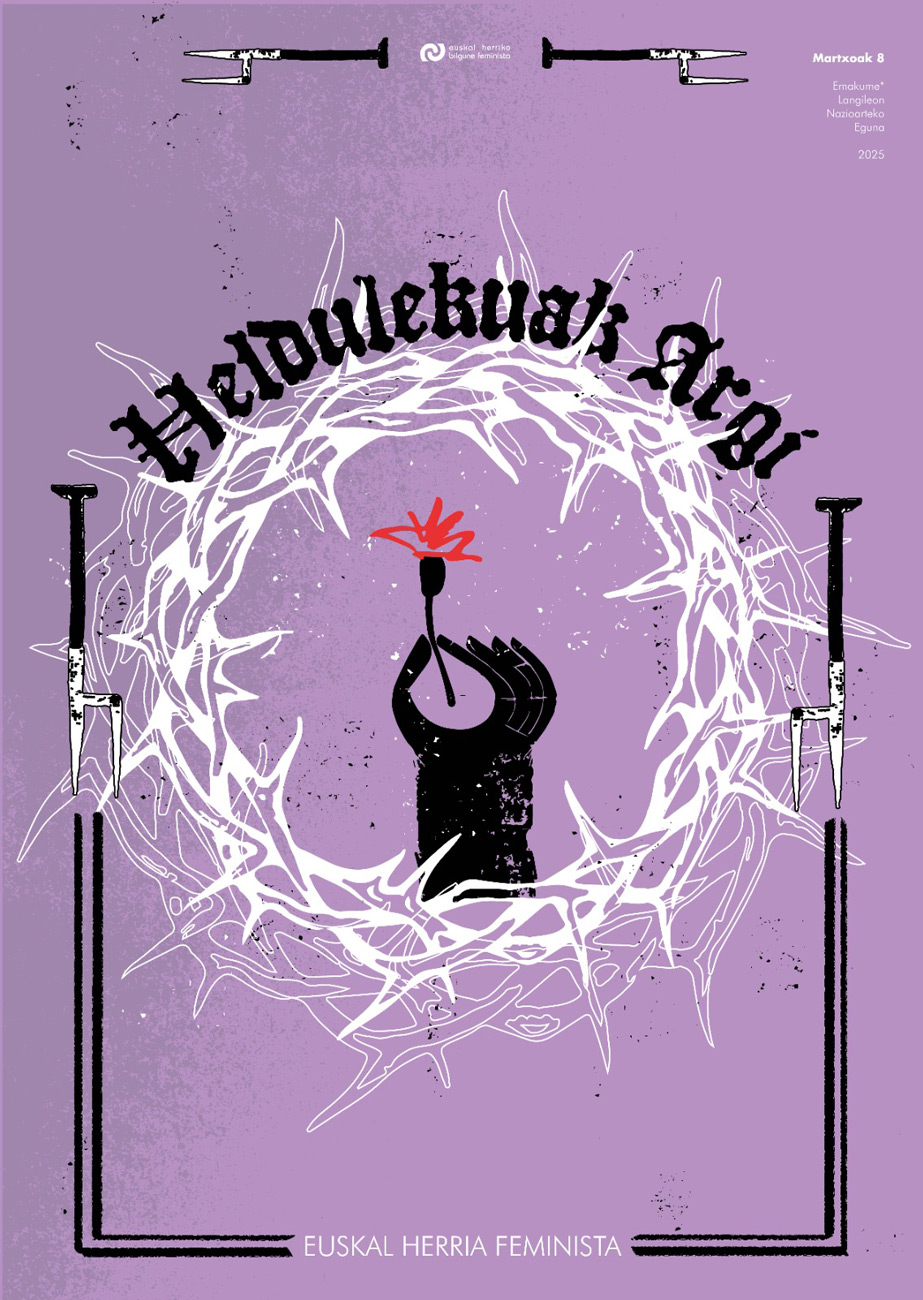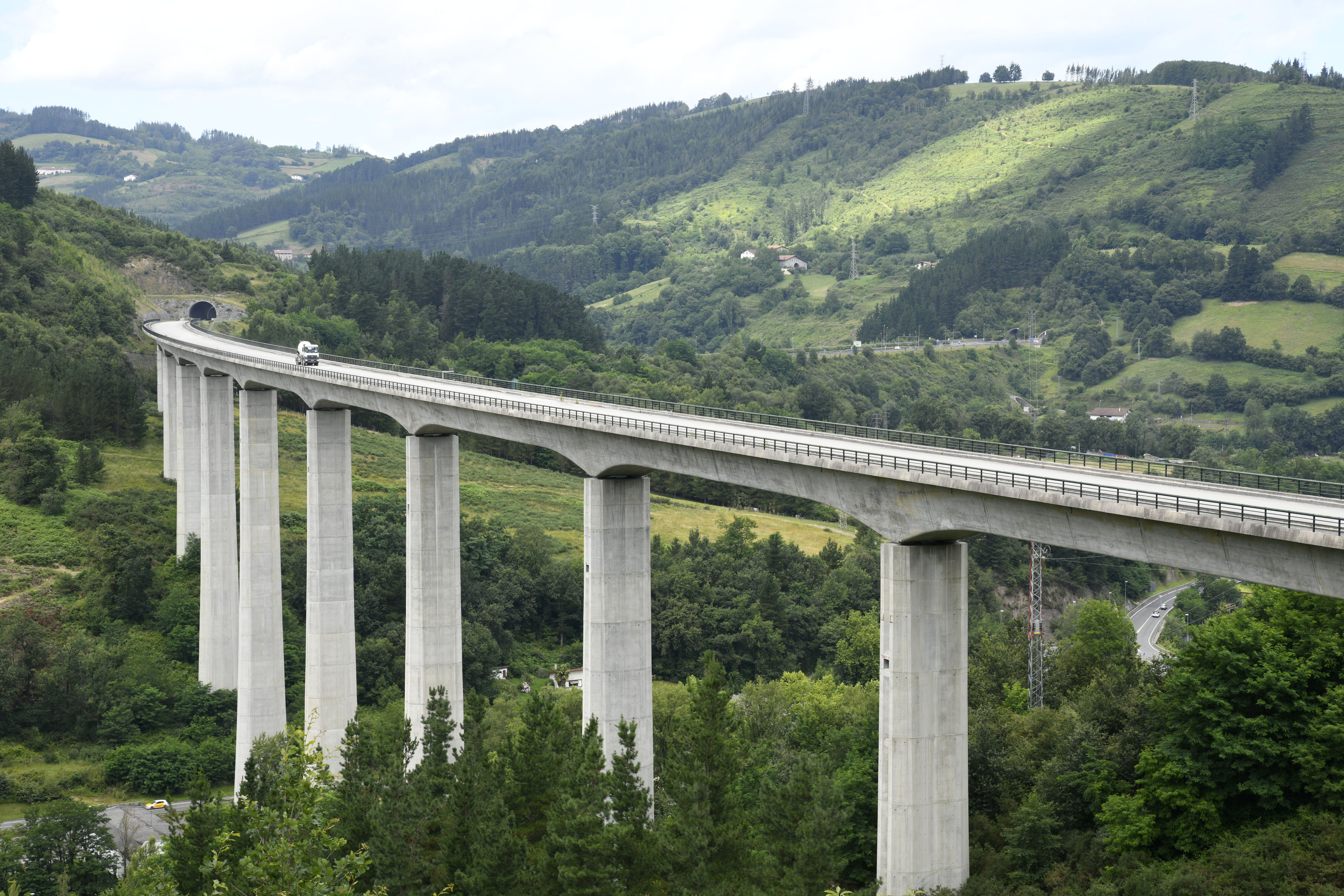Derogation
In the fall of 1894 Aña Etxegarai Debrua won the Bertsolaris Prize of Euskal Jaiak of Hazparne. The chronicler of L’ Avenir underscores this amazing event: “Before, it was only gender that belonged to strong sex – bertsolarism – but now weak sex has taken it on.”
The surprise, therefore, is that the woman has been the winner. Because it wasn't the first time. Mariana Hargain won the Kanbo Prize in 1888. In 1869, Maria Luixa Erdozio defeated Sara, also six years later. D. D’Abbadie discussed the marriage request to the latter and to Jatsu’s shoemaker. In Le Courrier de Bayonne he mentions that Mr Julien Vinson had laughed the square. He adds, however, that it was not common for the bertsolaris wives to sing. In the same contest, two years later, three out of five bertsolaris were wives.
Since the bertso is bertso, the wives have sung bertsos. And there have always been mechanisms of power so that they didn't appear or disappear from the plaza. To make them happen. Most importantly, there have always been women who have faced these mechanisms. What is remarkable is that in itself it has become invisible or an exception.
Hiru bideo dira (albiste barruan ikusgai). Batak jasotzen du, grebak antolatzea leporatuta, Carabanchelen espetxeratu zituzten Jesús Fernandez Naves, Imanol Olabarria eta Juanjo San Sebastián langileak espetxetik atera ziren unea, 1976ko abuztuan. Beste biak Martxoak... [+]
Asteburu honetan hasiko da Gaztetxeak Bertsotan egitasmo berria, Itsasun, eta zazpi kanporaketa izango ditu Euskal Herriko ondorengo hauetan: Hernanin, Mutrikun, Altsasun, Bilboko 7katun eta Gasteizen. Iragartzeko dago oraindik finala. Sariketa berezia izango da: 24 gaztez... [+]
Martxoaren 8a Getxo bere bizitokian igaro du: kumbia dekolonial eta antiarrazista topaketa antolatu du Algortako Herriko Tabernan, Abianen, Hija del Nopal DJrekin batera.
Argentinatik Getxora migratu zen Celeste Agüero, kantutegi herrikoi batekin eta poesia xuxurlatzeko... [+]
Gaur abiatu da Bizi Baratzea Orrian kide egiteko kanpaina. Urtaro bakoitzean kaleratuko den aldizkari berezi honek Lurrari buruzko jakintza praktikoa eta gaurkotasuneko gaiak jorratuko ditu, formato oso berezian: poster handi bat izango du ardatz eta tolestu ahala beste... [+]
Euskal Herri mailan txikitik handira agroekologia sustatzen duten zenbait elkarte eta kooperatiba ataka larrian daude, finantziazio iturriak bertan behera geratu ostean. Erakunde publikoetatik, berriz, elikadura negozio gisa ikusten duten proiektuen aldeko apustu irmoa nabari... [+]
Katalanen ustetan artzainak engainatzen omen ditu hegazti honek: “enganyapastors”. Espainiar eta latindarrek, aldiz, ahuntzari esnea kentzen diola diote, hortik datorkio hain zuzen ere izen zientifikoan (Caprimulgus europaeus) islatzen den caprimulgus (capra... [+]
Noizbait. Noiz izan ote zen? Noizbait landareren batek lorea egitea erabaki zuen. Bai, bai, landareek ere erabakiak hartzen dituzte, eta guk maiz ez bezala, erabakiak bete egiten dituzte. Eta loreak sortu zituzten.
Iruñean bizi ziren Iñaki Zoko Lamarka eta Andoni Arizkuren Eseberri gazteak, baina familiaren herriarekin, Otsagabiarekin, lotura estua zuten biek betidanik. “Lehen, asteburuetan eta udan etortzen ginen eta duela urte batzuk bizitzera etorri ginen”, dio... [+]
Mugimendu feministak manifestazioak egin ditu goizean Donostian, Gasteizen eta Iruñean eta arratsaldean Baionan eta Bilbon. Oinarrizko irakurketa partekatu dute, eta horri gehitu diote hiri bakoitzean bertako problematika, eragile eta ekimenen erreferentzia.
Bilgune Feministak Heldulekuak argi, Euskal Herria feminista leloa baliatu du M8an, azpimarratzeko feminismoak ematen dituela “datorrenari aurre egiteko tresnak”, eta gogorarazteko faxismoaren gorakadaren testuinguru hau helduleku horretatik irakurri eta borrokatu... [+]
Otsailean bost urte bete dira Iruña-Veleiako epaiketatik, baina oraindik hainbat pasarte ezezagunak dira.
11 urteko gurutze-bidea. Arabako Foru Aldundiak (AFA) kereila jarri zuenetik epaiketa burutzera 11 urte luze pasa ziren. Luzatzen den justizia ez dela justizia, dio... [+]
MAITE: (biharko eguna antolatzen bere buruaren baitan) Jaiki, gosaldu, bazkaria prestatu, arropa garbitu, etxea garbitu, gizon hori jaiki, seme-alabak jaiki, hiru horien gosaria prestatu, haiek agurtu, erosketak egin, lanera joan, seme-alabak eskolatik jaso, merienda eman,... [+]
Josu Estarrona EH Bilduko Arabako senatariak egindako galderari erantzun dio Espainiako Sustapen Ministerioak, eta hor berretsi du Ezkioko aukera zailtasunez beteta dagoela.











